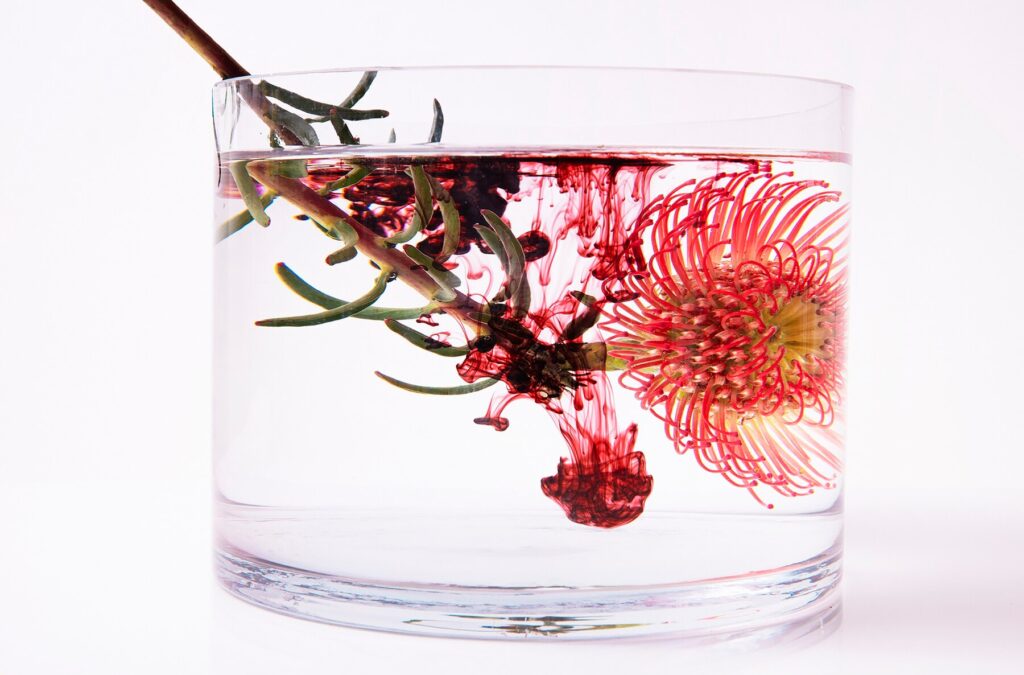What is Astaxanthin?
Astaxanthin is a natural carotenoid pigment found in certain algae and seafood, such as salmon, shrimp, and krill. Often referred to as the “king of carotenoids,” it’s a powerful antioxidant known for its ability to neutralize free radicals and protect cells from oxidative stress. Its vibrant red-orange color is what gives flamingos and salmon their distinctive hues.
What are the health benefits of Astaxanthin?
Astaxanthin offers a wide range of health benefits, including:
- Skin Health: It protects the skin from UV damage, reduces signs of aging, and promotes elasticity.
- Eye Health: Astaxanthin helps reduce eye strain and supports overall visual acuity.
- Anti-Inflammatory Properties: It has been shown to lower inflammation, making it beneficial for joint health and muscle recovery.
- Heart Health: By reducing oxidative stress and improving blood lipid profiles, astaxanthin supports cardiovascular health.
- Brain Health: Its antioxidant properties can cross the blood-brain barrier, potentially aiding in neuroprotection.
How does Astaxanthin compare to other antioxidants?
Astaxanthin is often considered superior to many other antioxidants because it’s much more potent. Studies show it is up to 6,000 times stronger than vitamin C, 550 times more effective than vitamin E, and 11 times more powerful than beta-carotene in neutralizing free radicals. Additionally, it does not turn into a pro-oxidant (a compound that may contribute to oxidative damage) at high levels, which makes it safer for long-term use.
Who can benefit from taking Astaxanthin?
Astaxanthin can benefit almost anyone, but it’s particularly useful for:
- Individuals exposed to high levels of stress or UV radiation.
- Athletes seeking faster recovery and improved endurance.
- Older adults looking to support skin, eye, and brain health.
- Those managing chronic inflammation or cardiovascular concerns.
How much Astaxanthin should I take daily?
The typical recommended dosage ranges from 4 to 12 mg per day, depending on your health goals. For general wellness, 4-6 mg is often sufficient. Higher doses may be recommended for specific conditions, such as joint pain or skin protection. Always consult a healthcare provider before starting any supplement regimen to determine the right dose for your needs.

Is Astaxanthin safe? Are there any side effects?
Astaxanthin is considered safe for most people when taken within recommended dosages. Side effects are rare but may include mild digestive discomfort in some individuals. Pregnant or breastfeeding women, as well as those on medication, should consult their doctor before using astaxanthin supplements.
How can I get Astaxanthin naturally?
You can find astaxanthin in foods like wild salmon, trout, shrimp, and krill. However, the concentrations in food are relatively low, so supplementation is a convenient option for those looking to maximize its benefits. Look for high-quality, naturally-sourced astaxanthin derived from algae for the best results.
Astaxanthin is a remarkable antioxidant with diverse benefits, from skin protection to enhanced brain health. Whether you’re looking to combat aging, support your active lifestyle, or simply boost your overall wellness, astaxanthin might just be the supplement you’ve been searching for.

